Did you know that the volume of goods transported in the freight forwarding market is expected to reach 75.58 trillion ton-kilometers (TKM) in 2025? With such massive volumes, traditional methods of managing shipments from India to the United States can no longer keep pace with the demands of modern businesses.
AI is changing the freight forwarding industry by automating processes, enhancing visibility, and improving decision-making. From streamlining logistics to optimizing costs, AI in freight forwarding enables businesses to stay ahead in an increasingly competitive market.
So, are you also struggling with unpredictable shipping costs, delayed deliveries, or complex customs procedures? This blog shows how AI in the freight forwarding industry solves all these challenges and boosts overall efficiency.
TL;DR
- AI boosts freight efficiency by automating documentation, optimizing shipping routes, and enabling faster, data-driven decisions.
- Route optimization reduces transit time, lowers fuel costs, and boosts delivery reliability through real-time data analysis.
- Automated documentation and customs clearance reduce manual work, prevent delays, and ensure compliance with Indian and U.S. regulations.
- Predictive analytics and maintenance help forecast demand, avoid equipment failures, and reduce operational disruptions.
- AI-powered inventory and exception management prevent stock issues, detect shipping anomalies, and minimize demurrage costs.
The Role of AI in Freight Forwarding
AI in freight forwarding involves using advanced algorithms and machine learning models to streamline and enhance core logistics functions. These include route optimization, demand forecasting, automated documentation, customs processing, and real-time shipment tracking. Integrating AI enables more accurate decision-making, operational efficiency, and cost-effective shipping.
Core AI Technologies Transforming Freight Forwarding
1. Machine Learning (ML)
Machine Learning enables systems to learn from historical data and improve over time without explicit programming. In freight forwarding, ML analyzes past shipping data to identify patterns and predict future outcomes.
For instance, it can forecast demand fluctuations, optimize inventory levels, and predict potential delays. By understanding these patterns, you can make informed decisions that enhance operational efficiency.
2. Predictive Analytics
Predictive Analytics employs statistical algorithms and ML techniques to analyze historical and current data, forecasting future events. In logistics, this means anticipating potential disruptions like port congestion, weather-related delays, or customs holdups. By foreseeing these challenges, you can adjust your shipping plans proactively, minimizing risks and ensuring timely deliveries.
3. Automation
Automation in freight forwarding involves utilizing AI to streamline repetitive tasks, including documentation, customs clearance, and shipment tracking. This not only speeds up processes but also reduces human errors.
For example, AI can automatically generate shipping documents, classify goods for customs, and provide real-time updates on shipment status. This streamlines operations and allows you to focus on strategic aspects of your business.
Struggling with manual freight processes and inefficiencies?
Simplify your freight management!Building on the understanding of AI in freight forwarding, let’s now explore the key applications where AI is making a significant impact in optimizing logistics and operations.
Key AI Applications in Freight Forwarding
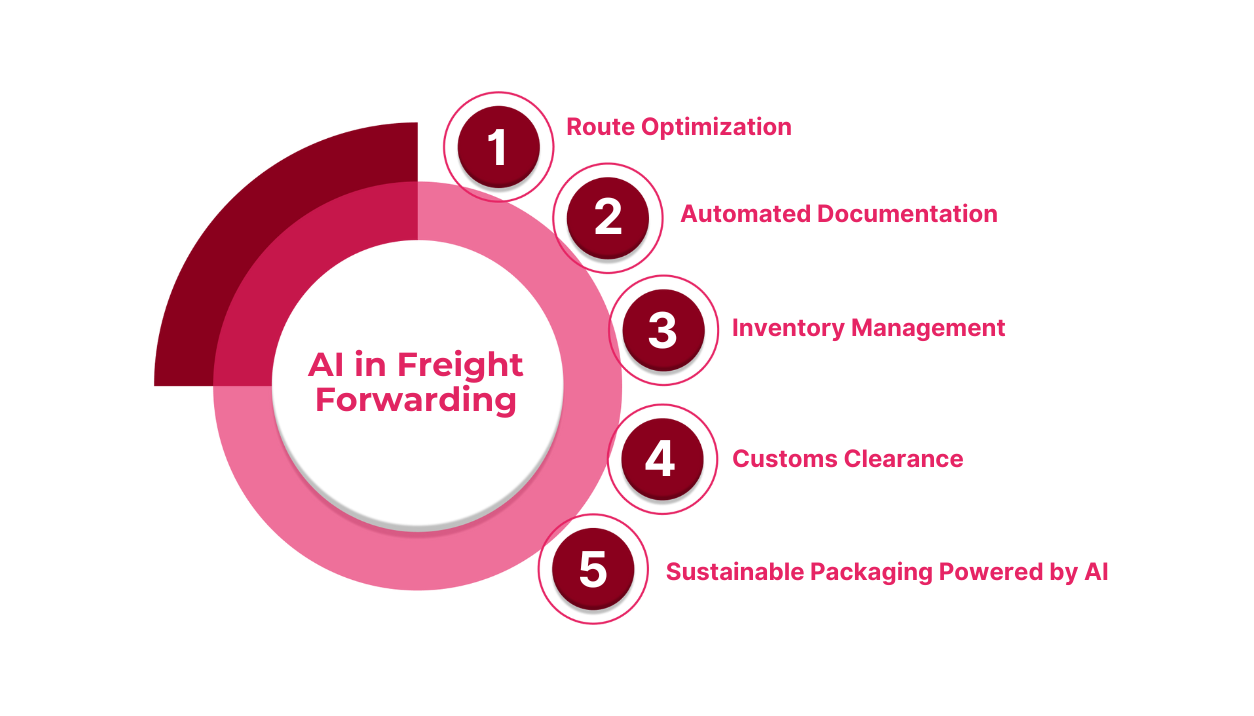
AI is transforming the freight forwarding industry by automating processes and enhancing decision-making. From route optimization to predictive maintenance, these applications drive efficiency and cost savings across the global supply chain.
Here are some key AI applications in freight forwarding that are driving significant improvements in logistics and operations.
1. Route Optimization
AI-powered algorithms analyze vast amounts of real-time data, including traffic patterns, weather forecasts, port congestion, and historical shipping records, to determine the most efficient shipping routes.
By considering variables such as fuel consumption, delivery schedules, and environmental impact, AI can suggest optimal paths that minimize delays and reduce costs. This results in faster delivery times and enhanced reliability. Intoglo’s USA Export Navigator further enhances your shipping process by offering a USA Port Map to help identify key ports and a Smart Route Planner to optimize transit routes.
Benefits for Your Business
- Reduced Transit Times: AI identifies the quickest routes, ensuring timely deliveries.
- Lower Fuel Costs: Optimized routes lead to fuel savings.
- Enhanced Customer Satisfaction: Reliable and timely deliveries improve customer trust.
2. Automated Documentation
AI systems can automate the creation and processing of shipping documents. Intoglo employs Optical Character Recognition (OCR) technology, combined with machine learning algorithms, to automate the extraction and validation of data from shipping documents, such as bills of lading, invoices, and customs declarations.
By extracting data from various sources and validating it against regulatory requirements, AI offers templates and accelerates the documentation process. This ensures compliance with both Indian and U.S. regulations, facilitating smoother customs clearance.
Benefits for Your Business
- Faster Processing: Automated document handling speeds up the shipping process.
- Improved Compliance: AI ensures adherence to international trade regulations.
- Cost Savings: Reduced manual labor leads to operational cost reductions.
3. Predictive Maintenance
AI leverages data from sensors and historical maintenance records to predict potential equipment failures before they occur. By identifying patterns and anomalies, AI can schedule proactive maintenance, minimizing downtime and extending the lifespan of critical assets. This is particularly beneficial for managing fleets and warehouse equipment, ensuring continuous operations.
Benefits for Your Business
- Reduced Downtime: Predictive maintenance prevents unexpected equipment failures.
- Cost Efficiency: Early detection of issues lowers repair costs.
- Operational Continuity: Ensures smooth operations without disruptions.
4. Inventory Management
AI analyzes historical data, market trends, and real-time information to forecast demand and optimize inventory levels. By automating stock replenishment and warehouse operations, AI helps maintain the right balance between supply and demand. This prevents overstocking or stockouts, ensuring that your products are available when needed without incurring unnecessary storage costs.
Benefits for Your Business
- Optimal Stock Levels: AI prevents overstocking and stockouts.
- Efficient Warehousing: Automated inventory management streamlines warehouse operations.
- Cost Reduction: Improved inventory control reduces storage costs.
5. Customs Clearance
AI assists in classifying goods, calculating duties, and ensuring compliance with import/export regulations. By automating the preparation and submission of customs declarations, AI expedites the clearance process and reduces the risk of delays or penalties. This is particularly crucial for shipments from India to the USA, where adherence to both countries’ regulations is essential.
Intoglo’sAI-driven HS code scanner allows you to simply take a photo of an item and instantly view its correct HS Code. This tool minimizes classification errors, reducing the risk of customs penalties and facilitating smoother customs clearance processes. By automating the HS code assignment, Intoglo ensures accurate tariff calculations and compliance with global trade standards.
Benefits for Your Business
- Accurate Tariff Calculations: Ensures correct duty assessments.
- Reduced Risk of Penalties: Minimizes the likelihood of customs-related fines.
- Streamlined Customs Clearance: Facilitates faster processing of shipments.
Other AI Applications in Freight Forwarding
Sustainable Packaging Powered by AI
AI is revolutionizing packaging by enabling businesses to design and implement eco-friendly solutions that minimize waste and reduce carbon footprints. Through data-driven insights, AI assists in selecting the most sustainable materials, optimizing package sizes, and improving recyclability.
To further enhance sustainability, Intoglo offers a Logistics Carbon Emissions Calculator. This free tool allows you to calculate the carbon emissions of your shipments across various modes of transport. By entering details such as origin and destination ports, cargo weight, and delivery preferences, you can assess the environmental impact of your logistics choices. This empowers you to make informed decisions that align with your sustainability goals.
Benefits for Your Business
- Cost Savings: Reduced material usage and optimized shipping lead to lower expenses.
- Enhanced Brand Image: Demonstrates commitment to sustainability, appealing to eco-conscious consumers.
- Operational Efficiency: Streamlined packaging processes and reduced waste contribute to overall efficiency.
Exception Management in Ocean Freight
AI systems detect and flag anomalies during shipment, such as unexpected port delays, schedule changes, or route deviations, and automatically generate real-time alerts and draft communications to stakeholders. This approach handles critical issues and gets immediate attention, while routine updates are handled automatically.
Benefits for Your Business
- Boosted efficiency: AI empowers your team to prioritize only shipments that truly require attention.
- Reduced costs: Proactive handling prevents demurrage, detention, and contingency expenses.
- Faster resolution: Real-time alerts enable quicker responses, minimizing disruption.
Container Tracking & Demurrage Control
During ocean shipping, AI provides real-time tracking of containers, including location, status, and condition. It predicts ETAs, monitors congestion, and flags detention/demurrage risks, enabling proactive fee avoidance.
Benefits for Your Business
- Avoid fees: Securely sidestep excessive detention, demurrage, and port charges.
- Operational clarity: Visibility into container position, free time usage, and scheduled handling.
- Better planning: Accurate, predictive ETAs reduce buffer inventory and improve resource allocation.
Tired of inefficiencies in your logistics and freight operations?
Get AI-powered solutions!As AI continues to reshape current operations, it’s time to look ahead at the advancements that will define the future of ocean freight.
Also Read: OCR and Its Impact on Freight Forwarding and Shipping Process
The Future of AI in Ocean Freight Forwarding
The future of AI in ocean freight forwarding promises even greater advancements with autonomous vehicles and predictive models. These innovations will further streamline operations, enhance efficiency, and reduce costs, shaping a smarter logistics landscape.
1. Autonomous Vehicles
The integration of autonomous vehicles, including self-driving trucks and drones, is set to revolutionize last-mile delivery in ocean freight forwarding. These technologies aim to reduce human error, enhance fuel efficiency, and improve safety, leading to faster and more reliable deliveries.
2. Blockchain Integration
Combining AI with blockchain technology can enhance transparency and security in the supply chain. AI can analyze and validate transactions, while blockchain provides a secure and immutable ledger, reducing fraud and ensuring data integrity. This integration facilitates real-time tracking and verification of shipments, improving trust among stakeholders.
3. Advanced Predictive Models
The development of more sophisticated AI models will enable better anticipation of disruptions in the supply chain. By analyzing vast amounts of data, AI can predict potential delays, allowing you to take proactive measures to mitigate risks and maintain efficient operations.
By embracing these AI advancements, you can position your business at the forefront of innovation in freight forwarding, leading to improved efficiency, reduced costs, and enhanced customer satisfaction.
Concerned about staying ahead in the evolving freight industry?
Get innovative solutions!Also Read: Online Container Tracking System and Software
Conclusion
AI is reshaping the freight forwarding industry, making it more efficient, cost-effective, and reliable. From optimizing routes and automating documentation to enhancing inventory management and customs clearance, AI is providing actionable insights that improve shipping efficiency. By implementing AI, businesses can reduce delays, lower costs, and maintain competitiveness in the global market.
To harness the full potential of AI in freight forwarding, partnering with a technology-driven logistics provider can make all the difference. Intoglo is a digital freight forwarding platform specializing in door-to-door Full Container Load (FCL) shipping from India to the USA. With cutting-edge AI technologies, Intoglo offers innovative solutions that enhance the shipping process, ensuring faster, more reliable deliveries:
- Glotrack: proprietary tracking platform offering real-time, end-to-end shipment visibility from pickup to delivery. You can manage multiple shipments, receive proactive notifications (including WhatsApp updates), and access all documentation in one place.
- AI-powered HS Code scanner: users can photograph an item and instantly identify the correct HS code for seamless compliance.
- Automated Documentation: Speeds up the creation and validation of shipping documents.
- USA Export Navigator: Helps optimize shipping routes and schedules with tools like a USA Port Map, Smart Route Planner, and Holiday Calendar.
Ready to optimize your shipping operations? Contact Intoglo today to see how our AI-powered solutions can streamline your logistics from India to the USA.
FAQs
1. Will AI replace human roles in freight forwarding?
No, while AI handles repetitive and data-intensive tasks, human judgment remains essential for making complex decisions, managing stakeholder relationships, and compliance oversight.
2. What challenges do companies face when adopting AI?
Major hurdles include high data volume requirements, data security concerns, legacy system integration, finding skilled staff, regulatory compliance, and explainability issues.
3. Can AI consolidate shipments efficiently?
Yes. AI streamlines consolidation by evaluating shipments by size, destination, and timeline, suggesting optimal container groupings to lower costs and maximize space utilization.


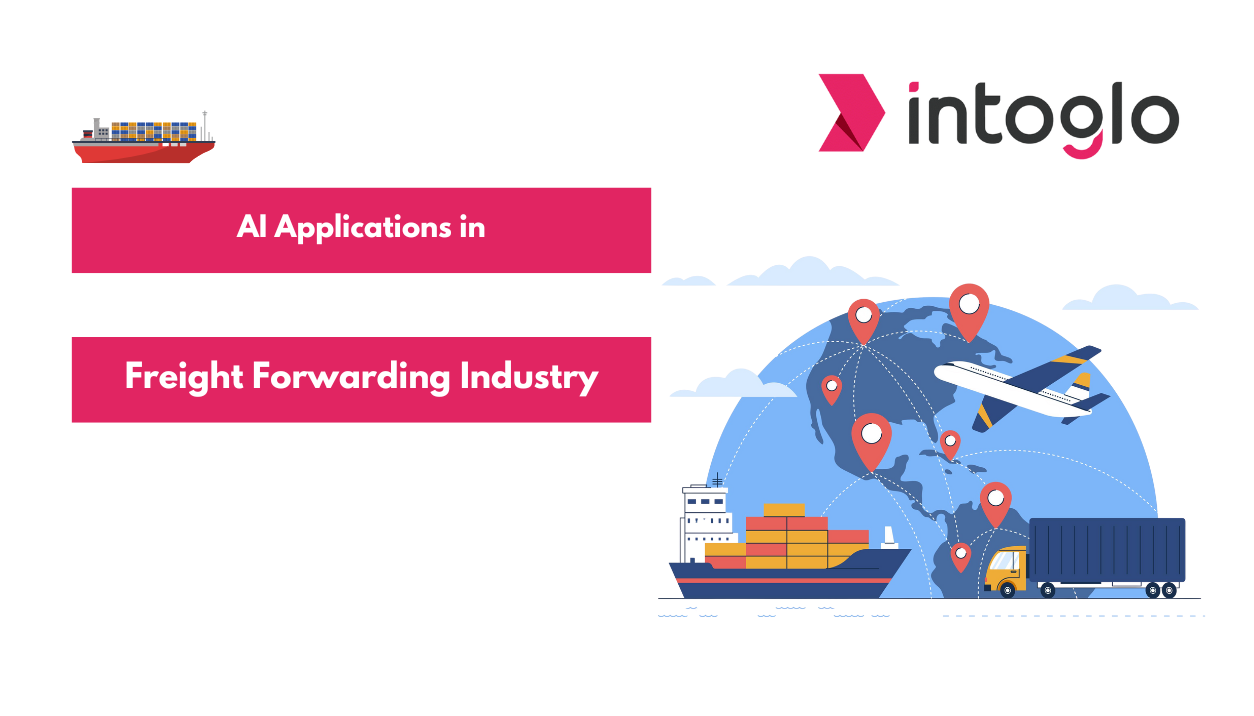
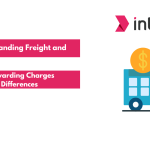
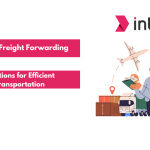
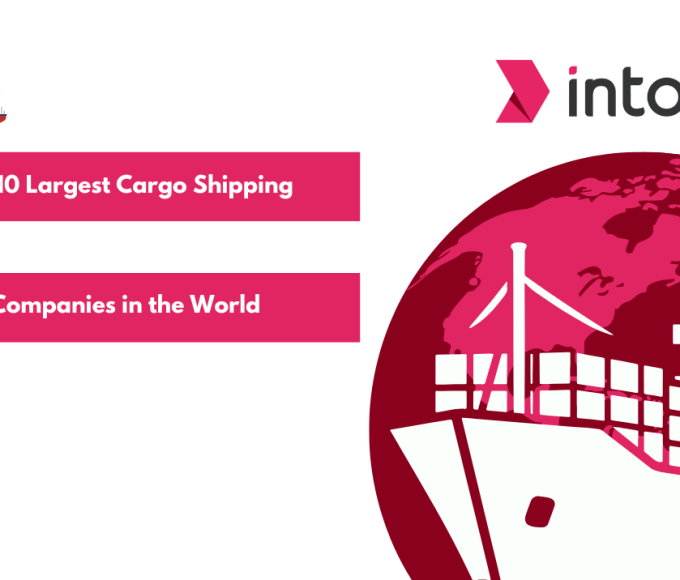
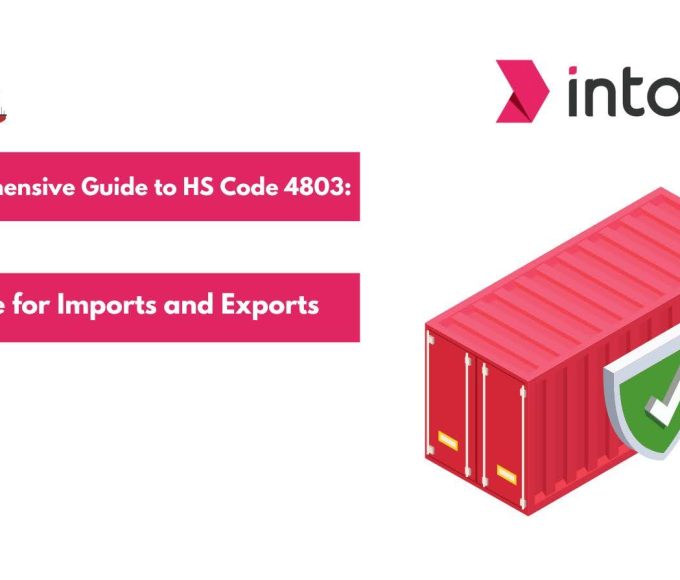
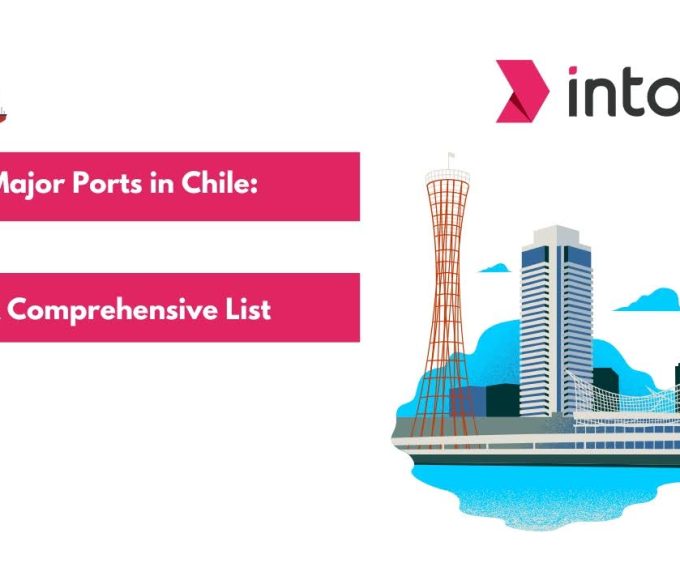
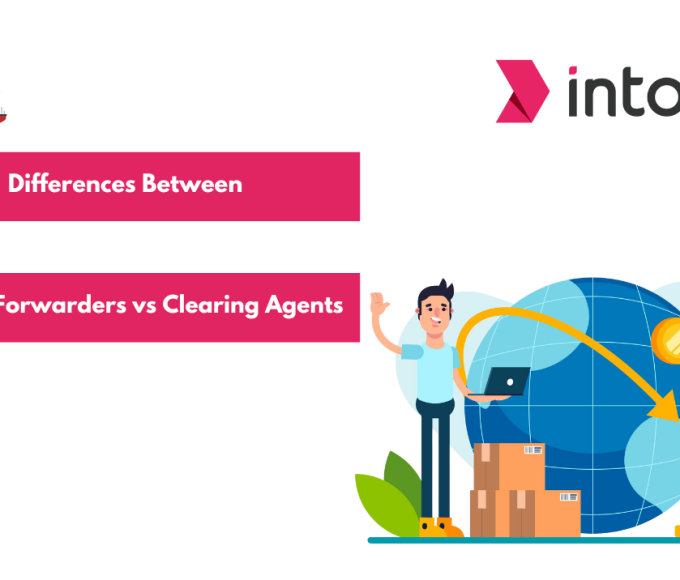
Leave a comment